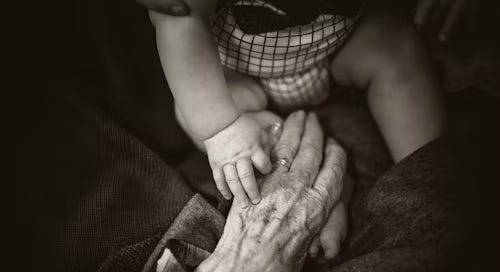This post is free to all subscribers for a short time. Would you like unending access to the huge archive of posts? Consider supporting the work that goes into this site by becoming a paid subscriber.
© 2025 Mitch Chase
Substack is the home for great culture



